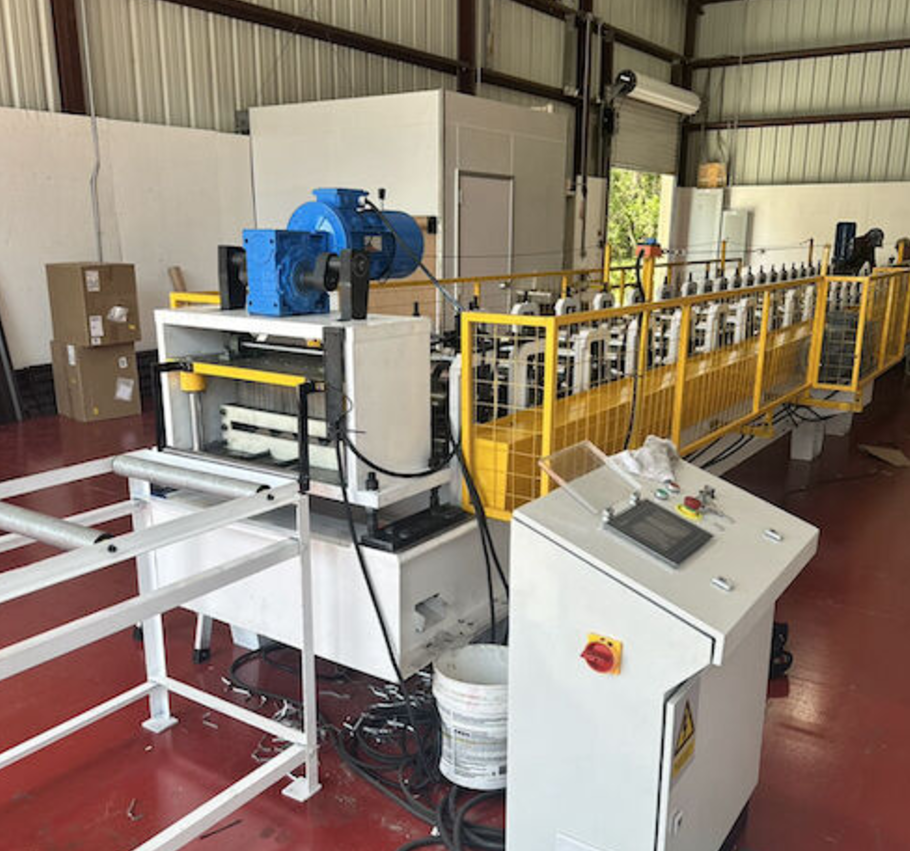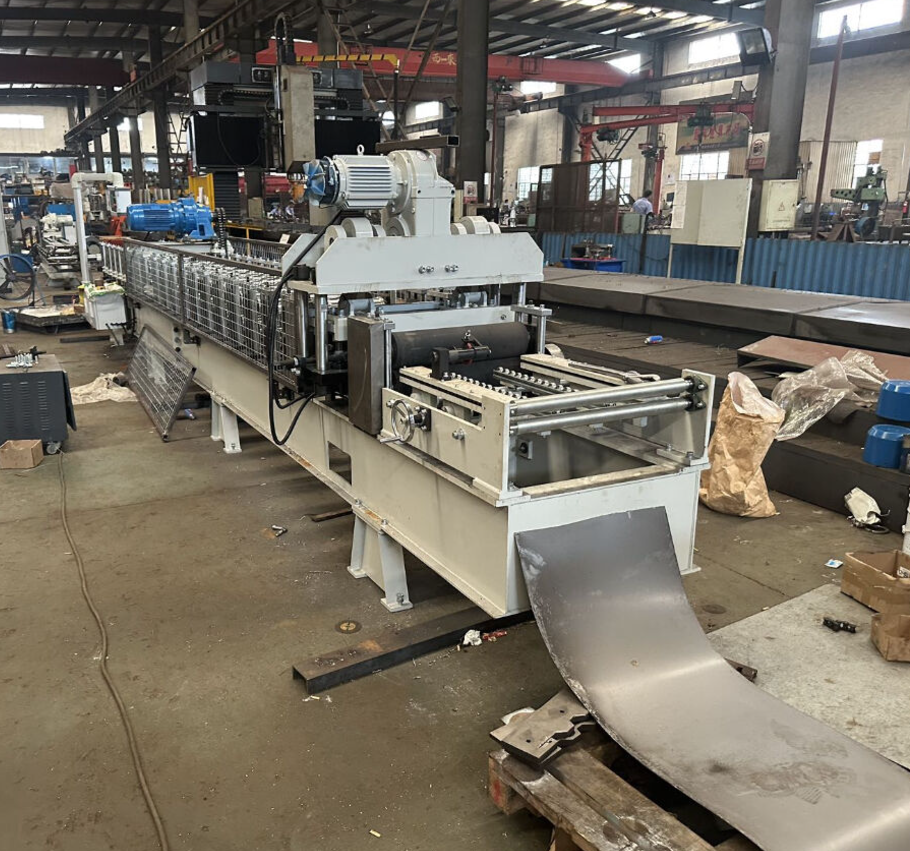To express an interest in this machine please submit the form below.

Not Sure What Machine You Need?
Select Your Profile, We'll Match It
Choose your desired profile drawing, and let Machine Matcher connect you with the best roll forming machine tailored to your needs.
Browse Profiles



The Roof Panel Roll Forming Machine is an essential tool for manufacturing high-quality, consistent, and durable roof panels. Widely used in the construction industry, particularly for residential, commercial, and industrial buildings, this machine ensures efficient production of roof panels that meet industry standards. Michigan, with its diverse construction projects and variable climate, offers a thriving market for these machines.
A Roof Panel Roll Forming Machine is designed to produce roofing panels of various profiles, including standing seam, corrugated, and ribbed panels. These machines are known for their high-speed production, accuracy, and ability to handle different materials such as galvanized steel, aluminum, and coated steel.
Key features include:
| Specification | Details |
|---|---|
| Material Thickness | 0.3 mm to 1.2 mm |
| Material Width | Up to 1250 mm |
| Roller Material | High-grade steel with chrome plating |
| Frame Construction | Heavy-duty steel |
| Motor Power | 5.5 kW to 15 kW (depending on configuration) |
| Forming Speed | 12-20 meters per minute |
| Control System | PLC with touch-screen interface |
| Cutting System | Hydraulic cutting system with servo control |
| Profile Customization | Available for various roof profiles, including standing seam and trapezoidal panels |
| Safety Features | Emergency stop buttons, safety guards, and enclosures |
| Additional Features | Optional stackers, uncoilers, recoilers, and coil feeding systems |
A: The machine can produce various profiles, including standing seam panels, corrugated panels, and trapezoidal panels. Customizations are available to meet specific requirements.
A: Compatible materials include galvanized steel, aluminum, zinc-coated steel, and pre-painted steel. Thicknesses range from 0.3 mm to 1.2 mm.
A: Installation is straightforward with a professional setup team. Detailed instructions and on-site training are provided.
A: The machine operates at a speed of 12-20 meters per minute, depending on the material and profile.
A: Yes, spare parts are widely available, and technical support is provided to ensure minimal downtime.
A: Routine maintenance includes lubrication of moving parts, cleaning of rollers, and inspection of electrical components to ensure optimal performance.
Copyright 2026 © Machine Matcher.